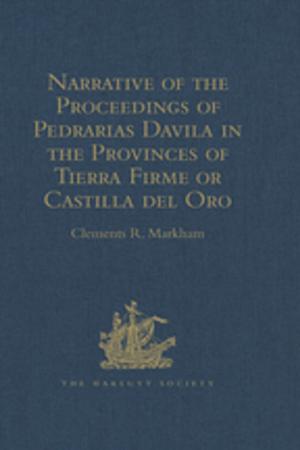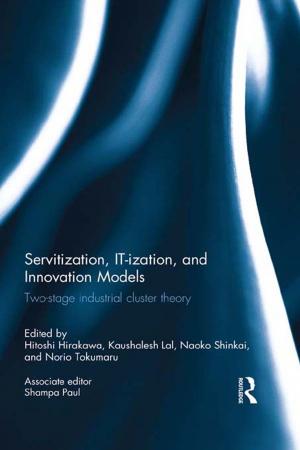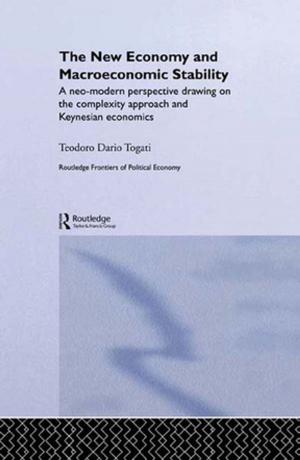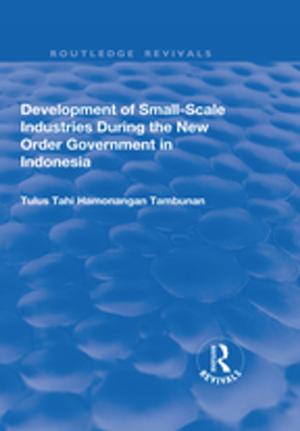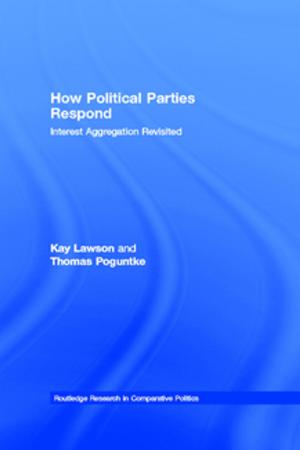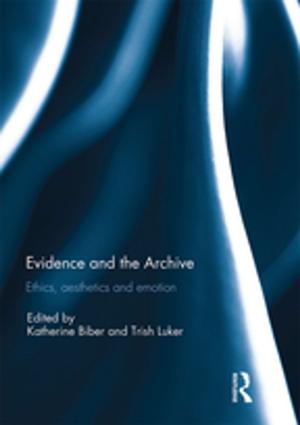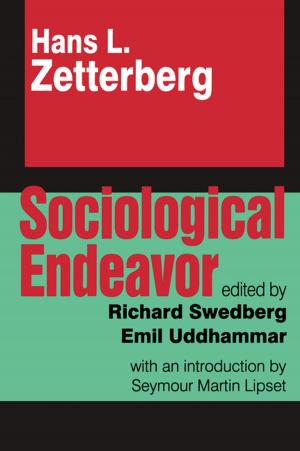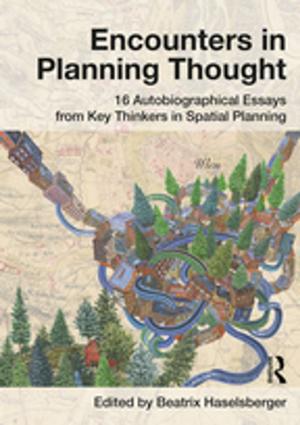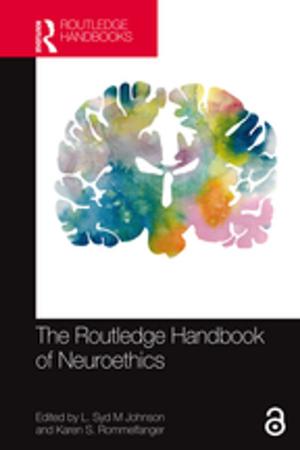Existential Sentences in English (RLE Linguistics D: English Linguistics)
Nonfiction, Reference & Language, Language Arts, Linguistics| Author: | Gary L. Milsark | ISBN: | 9781317931577 |
| Publisher: | Taylor and Francis | Publication: | January 10, 2014 |
| Imprint: | Routledge | Language: | English |
| Author: | Gary L. Milsark |
| ISBN: | 9781317931577 |
| Publisher: | Taylor and Francis |
| Publication: | January 10, 2014 |
| Imprint: | Routledge |
| Language: | English |
In order to bring some minimal amount of order to the chaos that almost inevitably attends the use of the word ‘existential’ in a linguistic investigation, the author reserved the term existential sentence (ES) to designate all and only those English sentences in which there appears an occurrence of the unstressed, non-deictic, ‘existential’ there. Thus the term will be used as a characterisation of a class of syntactic objects, not as a semantic description. With ES sentences including formations such as ‘There were several people talking’ and ‘There ensued a riot’, perhaps nowhere else do we find so clearly displayed the complexity and subtlety of the syntactic and semantic interactions which determine the nature of human language.
In order to bring some minimal amount of order to the chaos that almost inevitably attends the use of the word ‘existential’ in a linguistic investigation, the author reserved the term existential sentence (ES) to designate all and only those English sentences in which there appears an occurrence of the unstressed, non-deictic, ‘existential’ there. Thus the term will be used as a characterisation of a class of syntactic objects, not as a semantic description. With ES sentences including formations such as ‘There were several people talking’ and ‘There ensued a riot’, perhaps nowhere else do we find so clearly displayed the complexity and subtlety of the syntactic and semantic interactions which determine the nature of human language.

